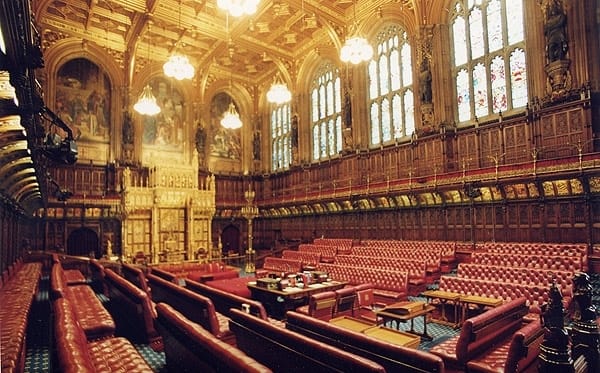Imperial College NHS Trust in Consultation to become a Foundation Trust
Imperial College Healthcare NHS Trust is currently consulting on proposals to become a foundation trust. If successful, a foundation trust status will allow Imperial College Healthcare NHS Trust to become a not for profit entity that works independently from the government.
Imperial College Healthcare NHS Trust is currently consulting on proposals to become a foundation trust. If successful, a foundation trust status will allow Imperial College Healthcare NHS Trust to become a not for profit entity that works independently from the government. The third public meeting was held on Thursday (Jan 16).
The public meeting discussed the practicalities on how Imperial College Healthcare NHS trust can become a not-for-profit organisation that provides free NHS care using powers devolved from government. A new term – the ‘public interest company’- has been coined to describe these bodies. Imperial College Healthcare NHS trust hopes to achieve foundation trust status to allow hospitals to be more democratically controlled. On their website, they said “We see achieving foundation trust status as a means towards bringing our Trust closer to our patients, the people who work for us, our local communities and partner organisations.”
In 2003 the government introduced legislation to allow the best performing hospitals to become foundation trusts. The foundation hospitals will be part of the NHS but outside the control of the Department of Health and the Secretary of State for Health. The bulk of foundation hospitals funding will come from the government, and these hospitals will be legally obliged to follow the nationally set NHS standards, regulation and inspection. However, the Secretary of State will be losing its power as these hospitals will run by boards of governors that are elected and appointed locally. With these changes, Imperial College Healthcare NHS Trust hopes for greater community involvement on how local healthcare is ran.
Nick Cheshire, chief executive at the trust, said: “We see achieving foundation trust status as a means towards bringing our Trust closer to our patients and local communities, further strengthening engagement with our people and providing greater freedom to innovate and develop our services.”
There are, however, some key vocal opposition to foundation trusts. Unison has continued to oppose foundation trusts stating “NHS hospitals were already owned by and run for the benefit of the whole public. The governance framework for foundation trusts does not lead to greater local accountability or social ownership. For example, foundation trusts are able to run with only a very small number of members in relation to the population that uses them. UNISON is concerned that foundation trusts do not represent the communities they serve.”
Imperial manages Charing Cross, Hammersmith, St Mary’s, Queen Charlotte’s and Chelsea and the Western Eye hospitals, providing care for around two million people in north-west London. The public consultation into the proposals ends on February 10.





